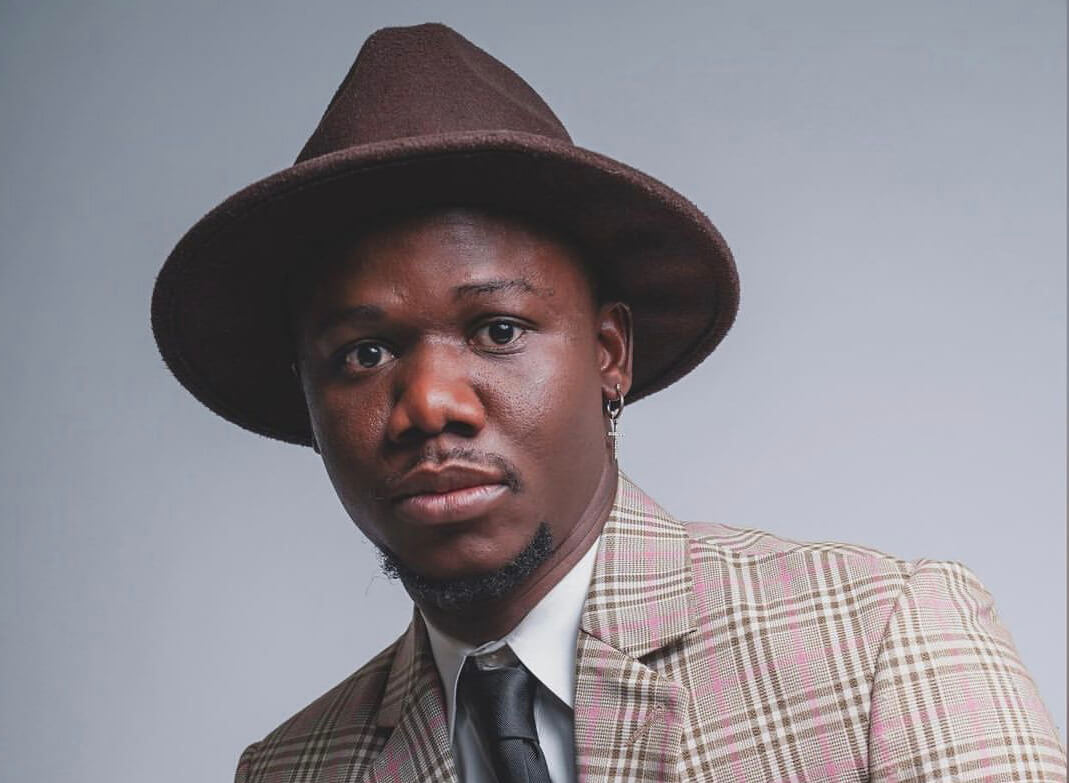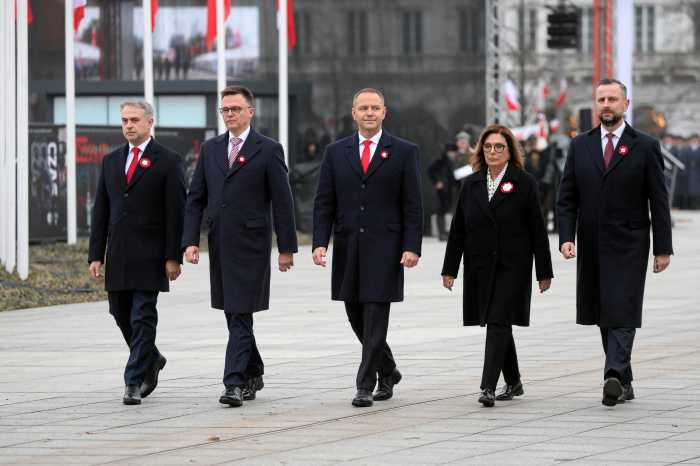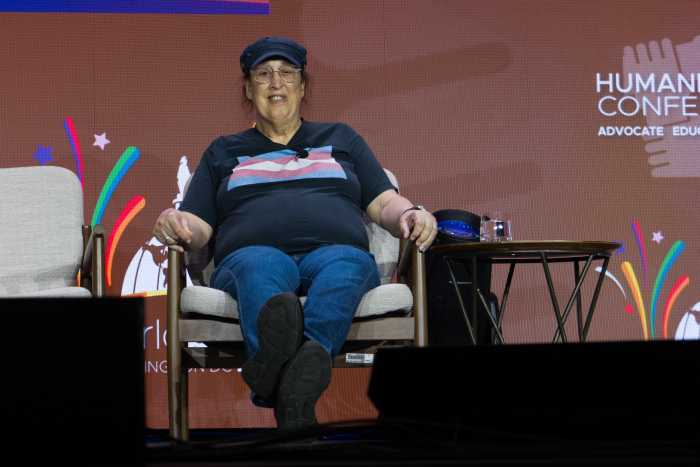Uchechukwu Onwa’s (he/him/his) calm self-confidence is borne out of nearly a decade of advocacy work within the LGBTQ community, although this self-possession is no doubt also a testament to the brutality he has witnessed and the violence he himself has faced. His composure should not be misunderstood as detachment, however. He is an engaging speaker and storyteller, not to mention accommodating. “You can call me Uche,” he smiled at the beginning of our interview. This is his path to organizing:
Uche was born in Nigeria, a West African country with intense social and legal penalties for perceived homosexuality. The stakes of such perceptions were made clear to Uche when his best friend was attacked by a group of men who believed him to be gay. The men raped Uche’s friend, who tested positive for HIV as a result of the attack. After his diagnosis, Uche’s friend died by suicide, which drove Uche to become involved in a Nigerian non-profit called the International Center for Advocacy on Rights to Health (ICARH), coordinating HIV prevention and education programs.
This was not the only story Uche shared about losing friends to violent homophobic assaults. The passage in 2014 of the Same-Sex Marriage (Prohibition) law emboldened some Nigerians to take up vigilantism, often in its most violent manifestations. One of Uche’s friends was murdered and left in his apartment for four days. Uche was called to identify the partially decomposed body. Another friend, a transgender woman, was attacked and beheaded. Uche, himself a target because of his work on HIV prevention, was beaten by a mob multiple times and almost killed.
As emotional and distressing as it was to leave his home country, Uche’s American dreams soon turned into a nightmare. Despite having received a multiple-entry visa to come to the U.S., Uche was detained at Hartsfield-Jackson Airport in Atlanta, Georgia, by Customs and Border Patrol agents, who claimed his visa was insufficient to enter the country. Prior to being shackled and transferred to ICE detention, where he would remain incarcerated for three months, Uche was held in a cell by CBP and denied appropriate clothing (Uche had arrived in Atlanta in mid-winter). During his time in ICE detention, Uche faced racism for the first time in his life, was constantly under threat of being deported back to Nigeria, and would be placed in solitary confinement, where he protested his conditions.
Determined to organize his release, Uche began advocating for himself even while he remained behind bars. He reached out to organization after organization, informing them of his situation and the conditions under which he was being detained. He wrote letters to Congress, including one to the late Representative John Lewis. Finally, the organizations responded. They called and wrote letters to ICE. The facility also received a letter from Congressman Lewis demanding Uche’s release.
When Uche was finally released from ICE, he traveled to Chicago. But his struggles weren’t yet over. Uche was required to wait one year before he would be granted a work permit. When he finally began working, his boss refused to pay him for three months of labor, knowing that Uche had limited resources with which to contest the exploitation. Finally, Uche left Chicago for New York, where he was offered a position at the Queer Detainee Empowerment Project, where he currently serves as Co-Director and Organizing Coordinator, helping other LGBTQ immigrants who are being held in detention gain access to legal, health, educational, and emotional resources in New York and around the country.
By sharing his path to organizing, Uche hopes to bring awareness and visibility to the issue of immigration detention, as well as to help LGBTQ folx who are in the same position he once found himself in.


































